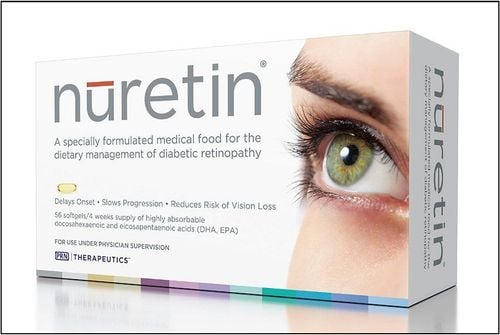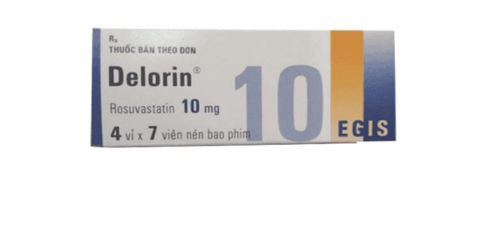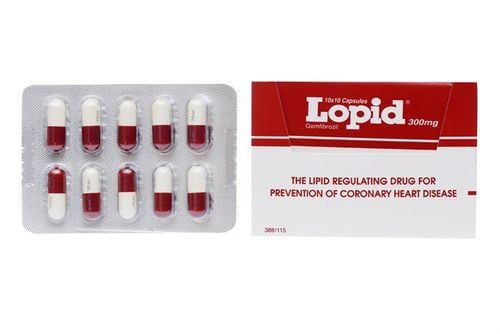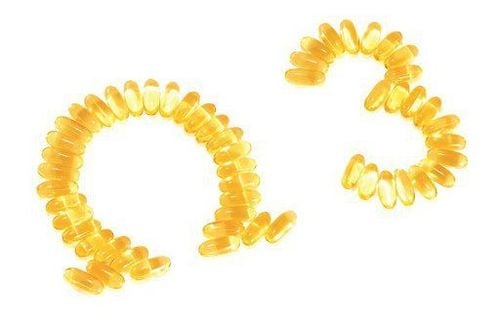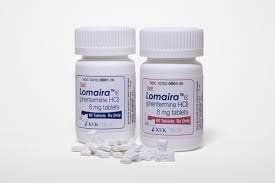This is an automatically translated article.
For decades now, health authorities have recommended that people follow low-fat diets. Several recent studies have questioned the effectiveness of a reduced-fat diet for preventing heart disease and promoting weight loss. The following article will summarize relevant information about this diet.1. What is a low-fat diet?
A standard low-fat diet recommended by health authorities should contain less than 30% of your daily calories from fat. Very low-fat diets typically provide 10-15% or less of total calories from fat. In addition, many health guidelines also recommend that the daily calorie intake of saturated fat should not exceed 7 - 10%.2. Is a low-fat diet good for weight loss?
Low-fat diets are often recommended for people who are looking to lose weight. The reason is because each gram of fat provides a larger number of calories than protein and carbs. 1g of fat provides about 9 calories, while 1g of protein and carbs provides only 4 calories. Studies show that people who reduce their calorie intake by eating less fat lose weight. Although the body weight loss is not much, it is also good for health.3. Compare low-carb and low-fat diets
Low-carb diets are usually high in protein and fat. When food intake is closely monitored and controlled, low-fat diets are just as effective for weight loss as low-carb diets. These are the results of a small study in 19 obese adults who followed a laboratory diet for 2 weeks. However, with studies in free-living people, low-fat diets were not as effective as low-carb diets.Explaining this, experts say that low-carb diets are often associated with better food quality. People who follow a low-carb diet tend to focus on whole foods (unprocessed, unrefined) like vegetables, eggs, meat, and fish. They also often give up junk food (which is often high in sugar and refined starches). In addition, a low-carb diet uses foods with more fiber and protein than a low-fat diet.
A suitable low-carb diet can promote weight loss in the following ways:
Reduce calories: Eating more protein helps reduce calories by suppressing appetite and increasing calories burned; Increases satiety: Eating foods rich in fiber reduces calorie intake by increasing satiety; Fight cravings: Low-carb diets can suppress cravings for carbs and sugar. As such, a low-carb diet is effective because it helps promote a healthier diet. Conversely, following a low-fat diet that doesn't focus on food quality can lead to an increased intake of junk food high in sugar and refined carbs.

Chế độ ăn kiêng ít chất béo có hiệu quả tốt cho việc giảm cân
4. Does a low-fat diet reduce the risk of heart disease?
Previously, scientists believed that saturated fat was one of the causes of heart disease. Health organizations recommend that people avoid eating foods high in saturated fat, such as eggs, fatty meats, and non-skimmed dairy.Today, studies have shown that there is no significant link between saturated fat and the risk of heart disease. However, replacing saturated fat with polyunsaturated fat may have many benefits for heart health (thanks to the anti-inflammatory effects of polyunsaturated fats).
The low fat diet recommends that people limit fat intake to less than 30% of total calories consumed. However, some studies show that reducing overall fat intake does not improve heart health. Even eating too little fat can adversely affect heart disease risk factors. A low-fat diet can lower HDL (good cholesterol) and raise blood triglycerides, a risk factor for heart disease.
Low fat diets are not always the best way to lose weight. Low-carb diets are often more effective than low-fat diets. At the same time, in general, cutting down on fat intake did not reduce the risk of heart disease. So instead of worrying about consuming total fat, you should focus on improving the quality of your diet. That's eating lots of whole foods and healthy fats.
Please dial HOTLINE for more information or register for an appointment HERE. Download MyVinmec app to make appointments faster and to manage your bookings easily.
Reference source: healthline.com



